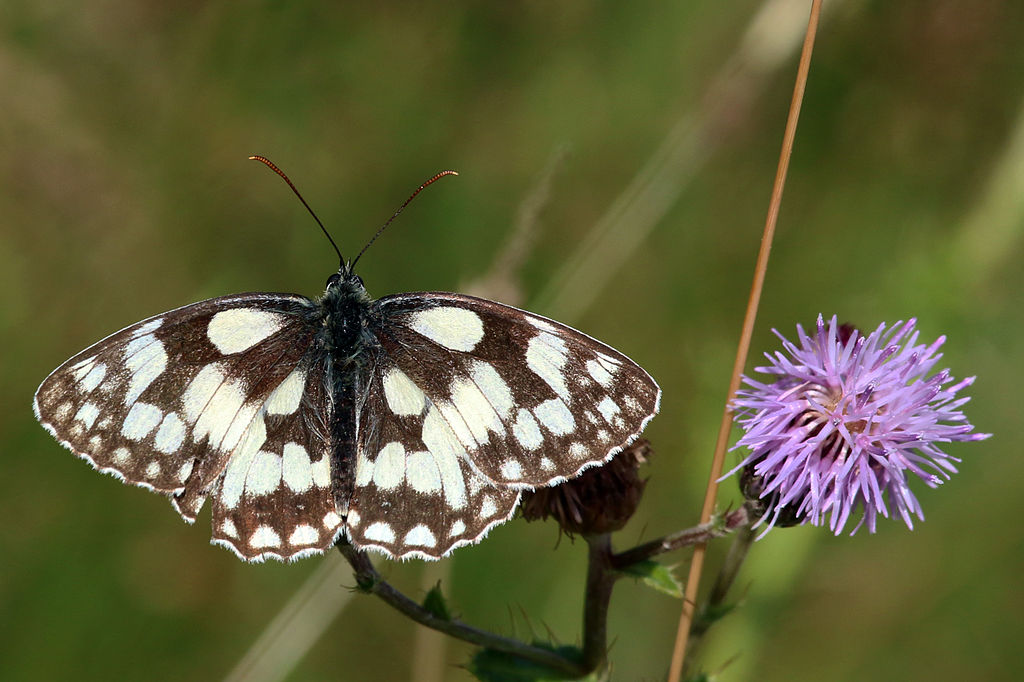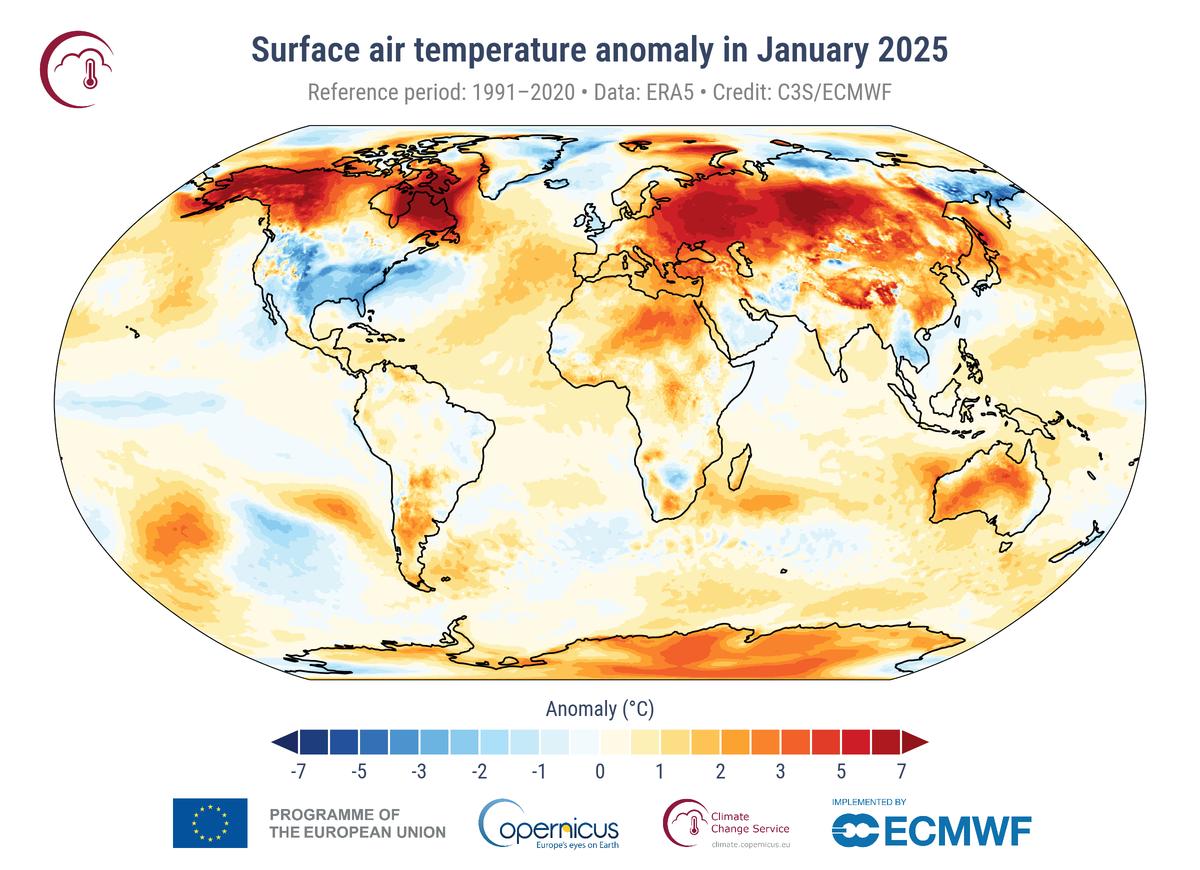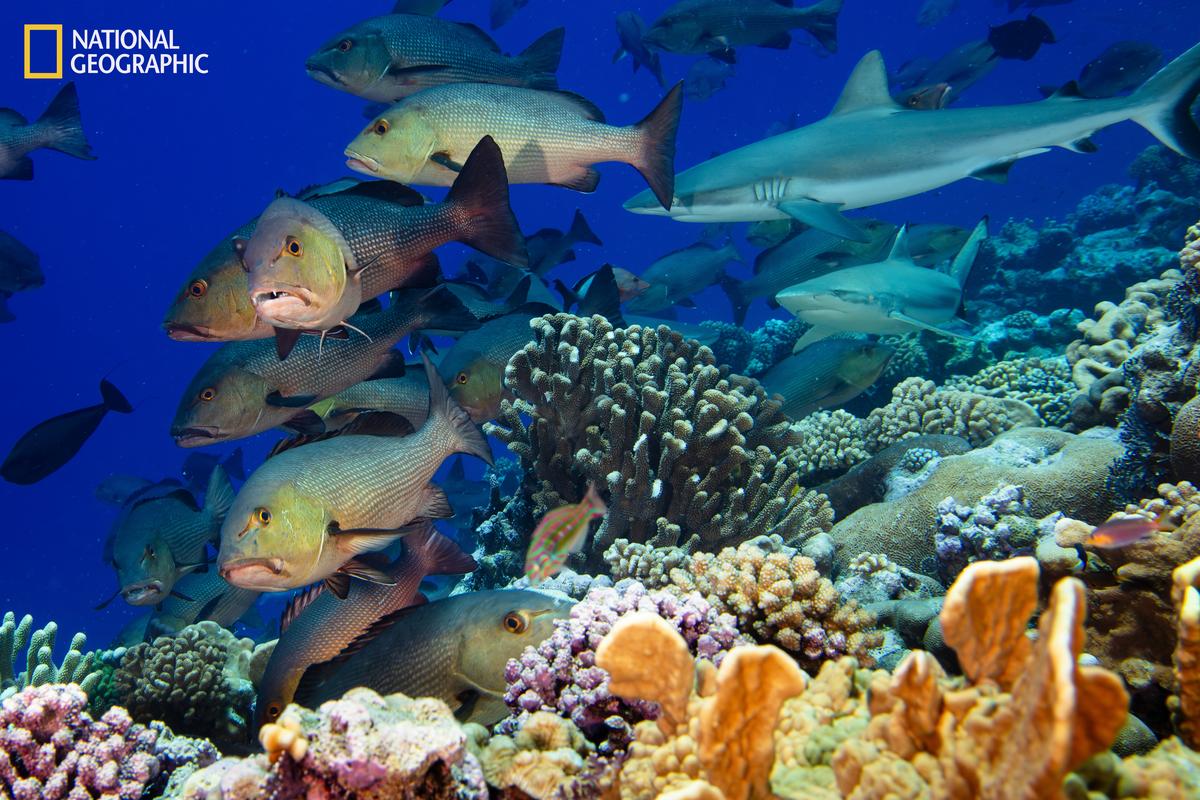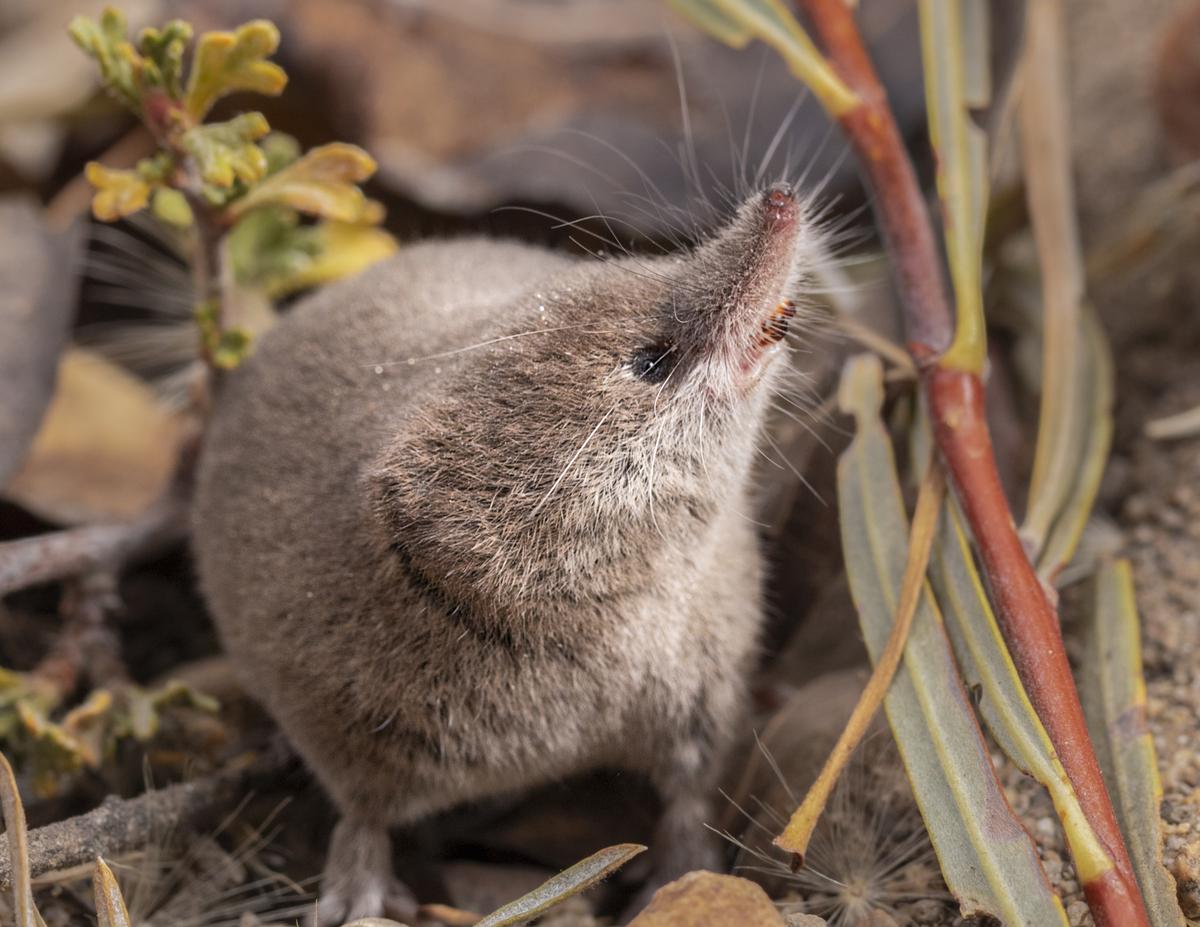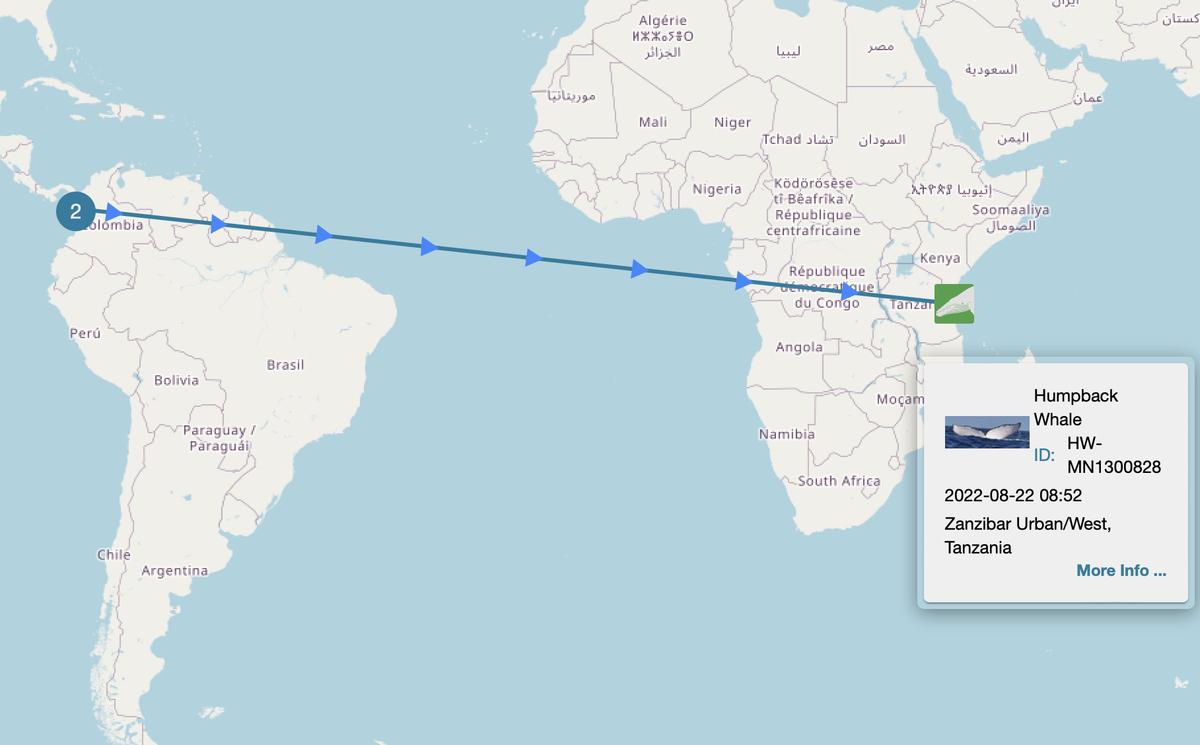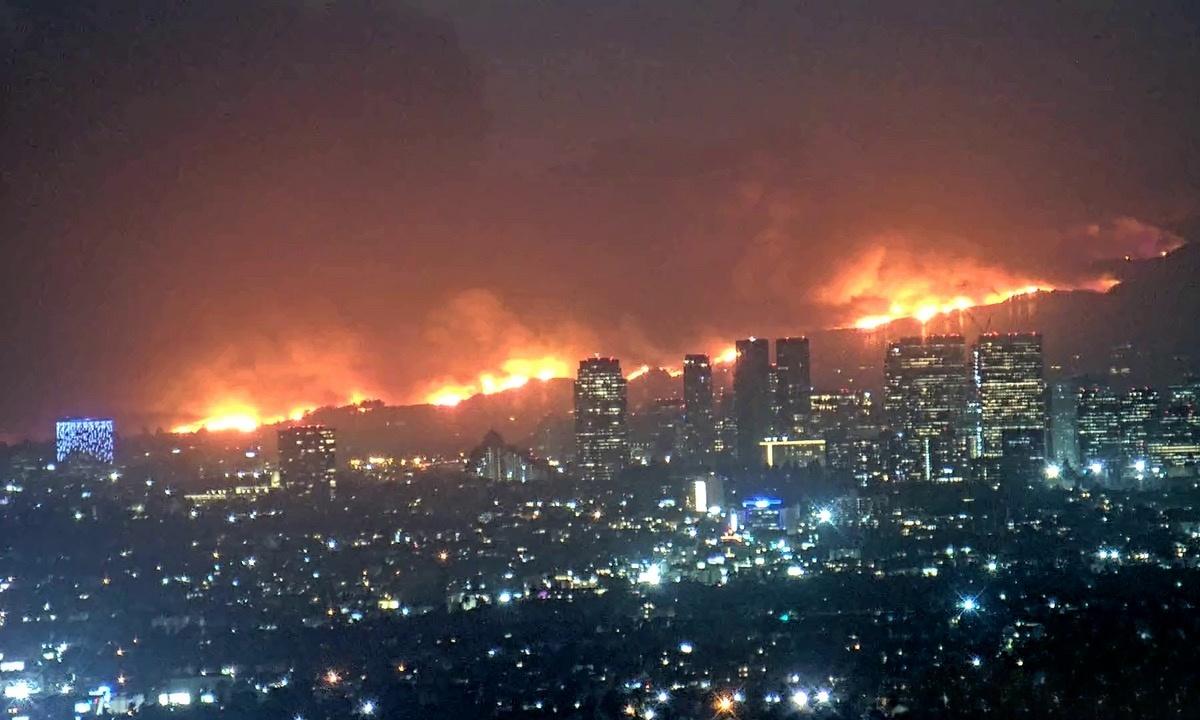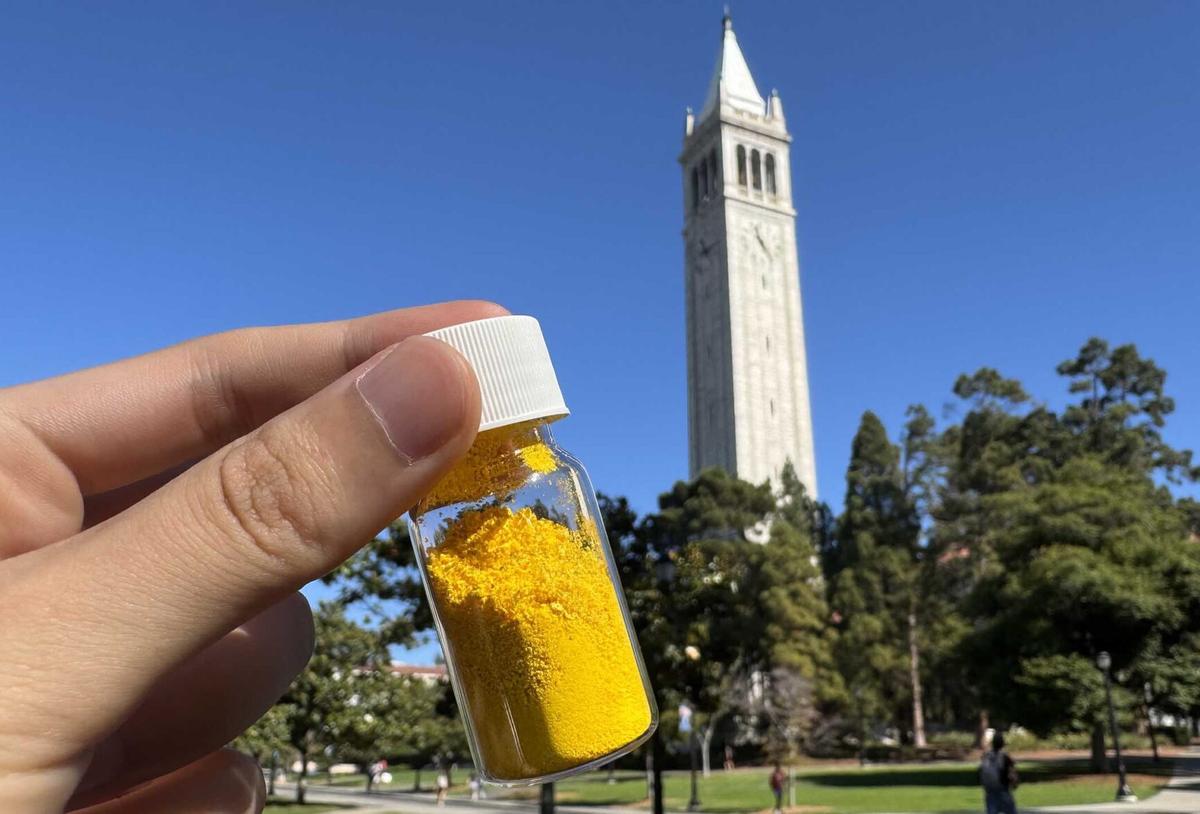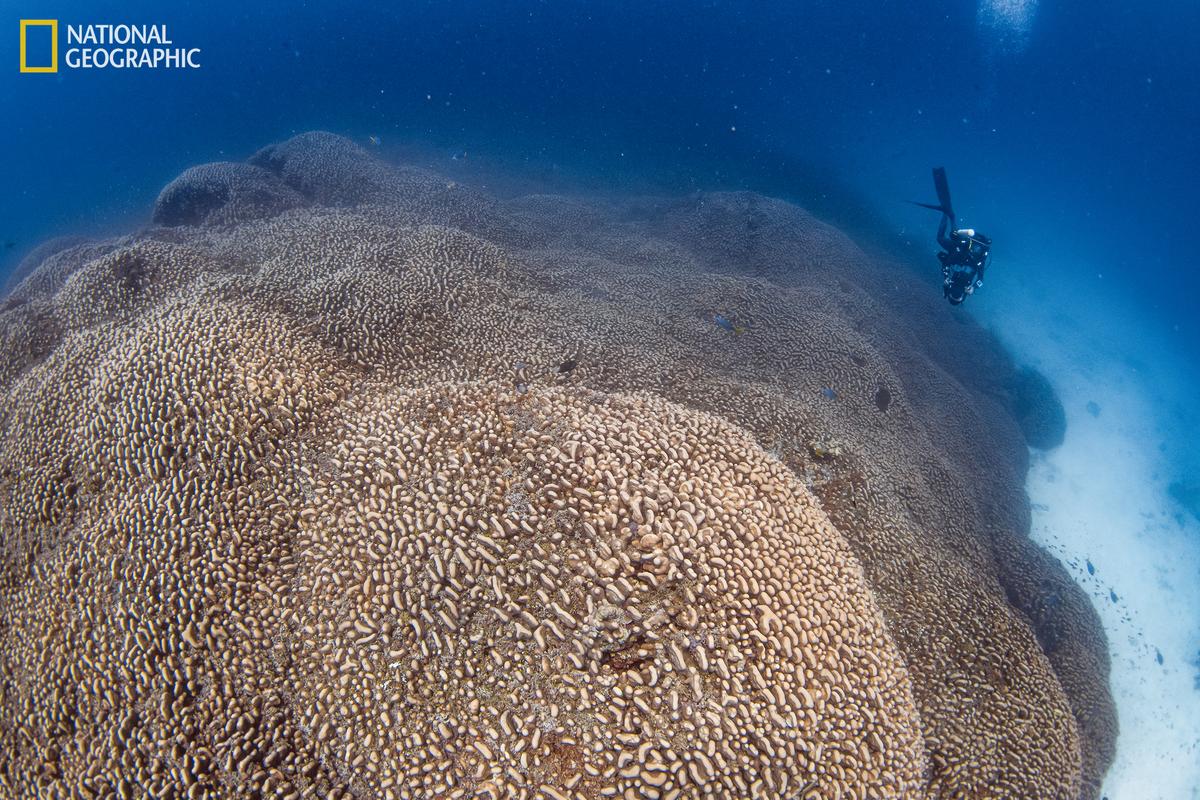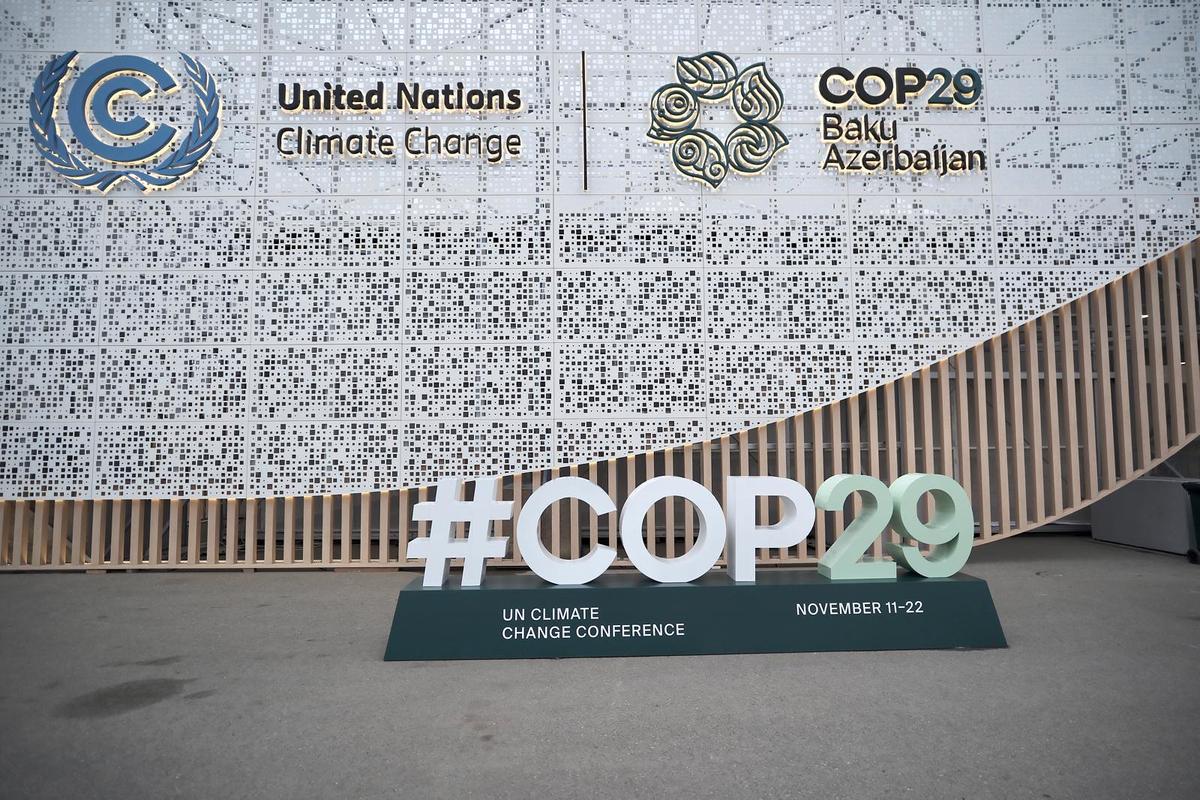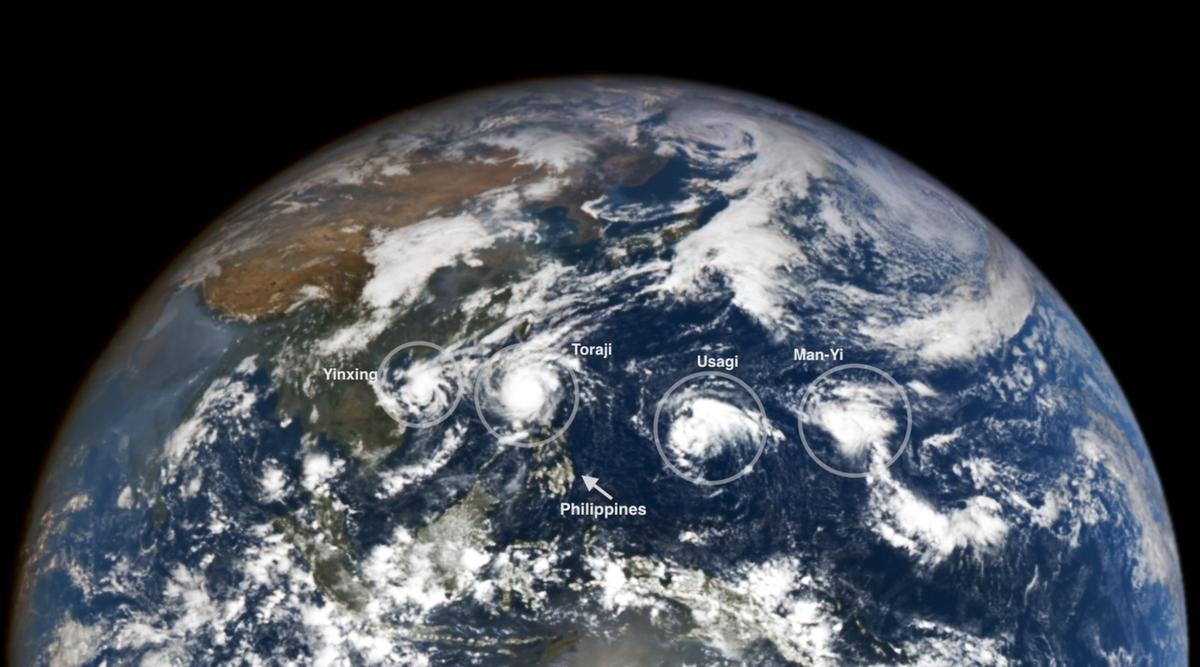A new study shows that the number of butterflies in the United States has dropped by 22% over 20 years. The loss of butterflies could have serious effects on the environment and on US farms. Scientists say it's important to protect butterflies and other insects before it's too late.
Published in “Environment”
It was incredibly cold across much of the US last month, but scientists report that worldwide, it was the hottest January ever recorded. As heat records continue to be broken, some researchers believe global warming could be speeding up. Not all scientists agree.
The government of the Marshall Islands has protected a huge area of ocean around two remote atolls. The step is designed to protect important marine and bird life, and to help scientists learn more about the area. The government says it's their first marine protected area (MPA), but it won't be their last.
Three young scientists have captured the first photos of a Mount Lyell shrew. The tiny animal is the only mammal in California that hadn't been photographed alive - until now. The scientists hope their images will help raise awareness about the little-known species.
Scientists have discovered that a male humpback whale traveled over 8,100 miles (13,000 kilometers) across three oceans. The journey is the longest known trip for a humpback whale. It's likely that the whale made the trip in search of a mate.
The Los Angeles area is battling major wildfires that have destroyed thousands of buildings, forced tens of thousands of people from their homes, and led to at least 24 deaths. The situation could get worse this week, as strong winds return to the area.
Scientists in California have created a new material that can remove large amounts of carbon dioxide from the air. The fluffy yellow powder works faster than other materials and can be used over and over again. The new material could play an important part in the fight against climate change.
Scientists in Tanzania have trained rats to help detect illegal wildlife products being smuggled out of the country. The rats have learned to recognize the smell of these items, and can alert their handlers when they find them. The program is still being tested, but the method could help protect some endangered animals.
Scientists on a National Geographic research trip to the Solomon Islands have discovered the world's largest coral. The single coral colony, made up of around one billion tiny creatures, is so large that it can be seen from space.
Early Sunday morning, nearly 200 countries from around the world reached an agreement to help poorer countries deal with the climate crisis. The agreement came at COP29, a United Nations climate meeting in Baku, Azerbaijan. Many people think the deal doesn't do enough to help poorer countries.
Over the last month, the Philippines has been hit by six major storms, including five typhoons. The latest storm, Super Typhoon Man-yi, struck on Saturday night, forcing hundreds of thousands of people from their homes and causing serious damage.

